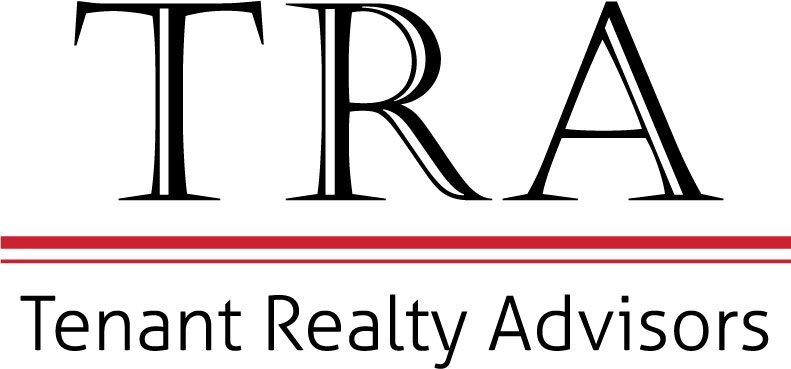This past August, the U.S.-based Financial Accounting Standards Board (FASB) and the European-based International Accounting Standards Board (IASB) jointly prepared a new standard for lease accounting. It’s not clear when the changes will be mandated, but it is assumed the effective date will fall somewhere between 2012 and 2013.
What is it? Simply stated, the new lease accounting standard will place all lease obligations on company balance sheets as a liability. Basically, these changes will make companies less valuable on paper. This is significant if you are a publicly traded company; and possibly more so if you are valuing your privately held company for sale, applying for credit or luring talent through the worth of your company.
